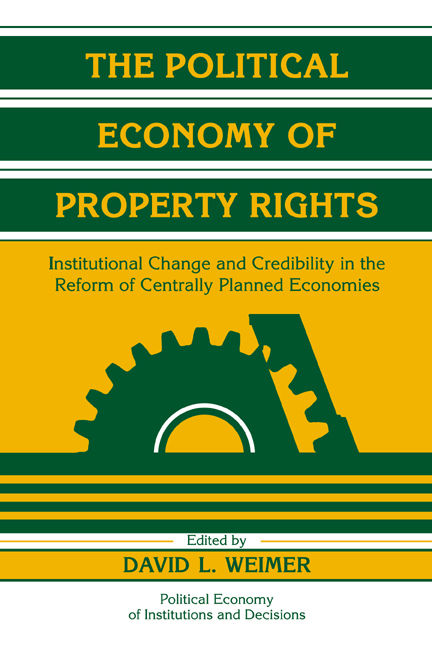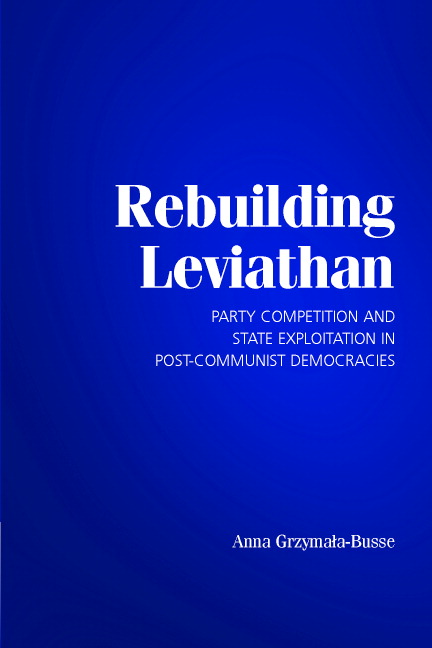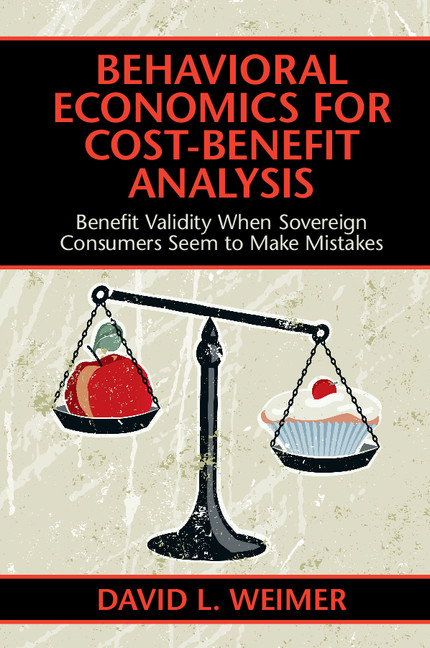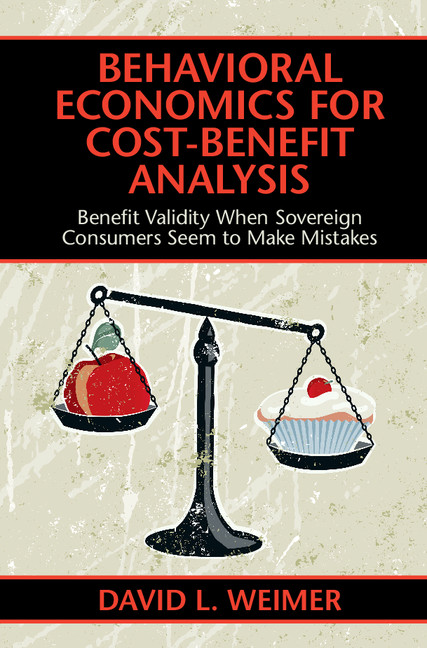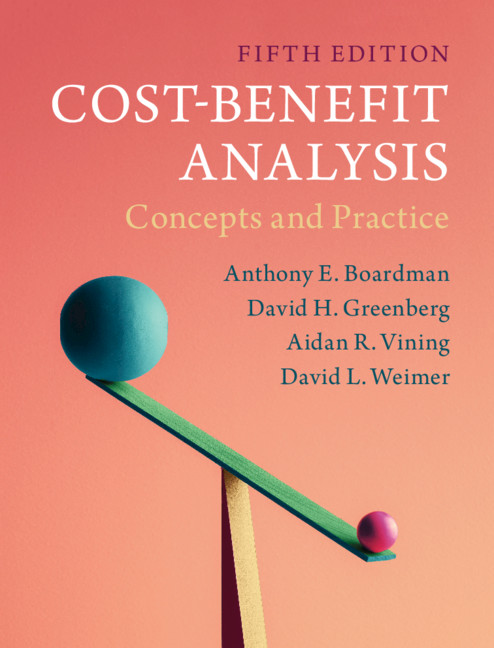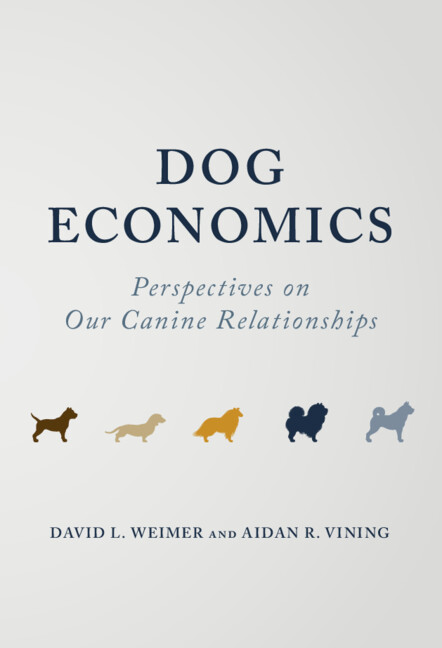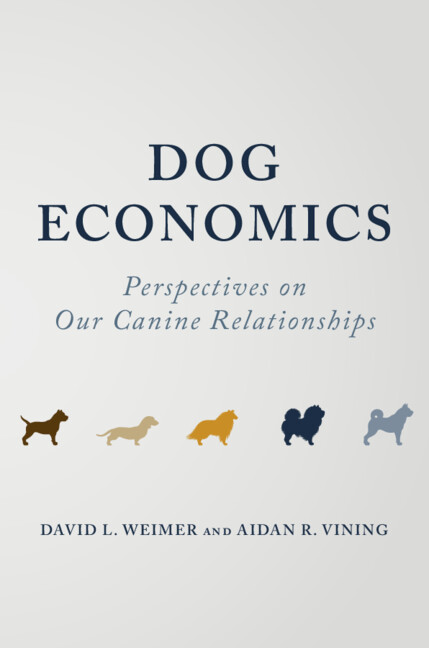The Political Economy of Property Rights
Originally published in 1997, The Political Economy of Property Rights reports on comparative research into the transformation of property rights in post-communist countries and China. Two important theoretical questions unify the contributions: what aspects of political systems give credibility to systems of property rights? What can be learned from the transformation of property rights in post-communist countries about the large-scale change of economic institutions? The contributors consider the credibility of property rights as arising from the strategic interaction of political and economic actors, and they apply this perspective and test its implications using a variety of qualitative and quantitative methods. Overall, the volume demonstrates the value of coordinated cross-national research by area specialists sharing a common focus on questions of political economy.
- The discussants include senior 'stars' in political economy, like Barry Weingast, Adam Przeworski, and Douglass North
- Introduces important conceptual tools from modern political economy in non-technical ways
Reviews & endorsements
"...recommended to anyone dealing with privatization strategies in the transformation economies or with the political economy of institutional change." Thomas Wagner, Journal of Institutional & Theoretical Economics
"...nothing could be more than a book on the interaction between the political insitutions of democracy and economic transformation. IThe Political Economy of Property Rights was the result of comparative studies made by the respective country specialists." Slavic Reviews
"This volume examines why the countries have followed the policy courses that they did. Weimer describes the basic principles of property rights, in particular, security against appropriation by others, emphasizes the close connection between private property and democracy, and then summarizes the other contributions. ...a major step toward developing such a full model, as it confronts the modesl with many empirical cases. We can then see what data and techiniques are most successful in testin the theory." Kenneth Koford, Journal of Comparative Economics
Product details
February 2011Paperback
9780521180702
384 pages
229 × 152 × 22 mm
0.56kg
Available
Table of Contents
- 1. The political economy of property rights David L. Weimer
- 2. Credible commitment and property rights: the role of strategic interaction between political and economic actors Daniel Diermeier, Joel Ericson, Timothy Frye, and Steven Lewis
- 3. The political commitment to markets and marketization: comment on 'Credible commmitment and property rights' Barry R. Weingast
- 4. Political determinants of the success of economic transition Nikolai Mikhailov
- 5. Comment on 'Political determinants of the success of economic transition' Adam Przeworski
- 6. Russian privatization and the problem of credible commitment Timothy Frye
- 7. Three issues of credible commitment and Russian privatization John M. Litwack
- 8. Legislative politics and the political economy of property rights in post-Communist Russia Brendan Kiernan and Francis X. Bell
- 9. Commitment, coordination, and the demise of the post-Communist parliament in Russia Steven S. Smith
- 10. Private firms, city governments, and arbitration: enforcing economic legality in St. Petersburg Jole Meyer Ericson
- 11. Comment on 'Private firms, city governments, and arbitration: enforcing economic legality in St. Petersburg' Anthony Jones
- 12. Property rights and institutional change in the Czech and Slovac Republics Mariusz Mark Dobek
- 13. Comment on 'Property rights and institutional change in the Czech and Slovac Republics' Sharon Wolchik
- 14. Institutional structures, labor interests, and evolving privatization bargains in Poland Lorene Allio
- 15. Comment on 'Institutional structures, labor interests, and evolving privatization bargains in Poland' Bartlomeij Kaminski
- 16. Privatization as institutional change in Hungary László Urbán
- 17. Comment on 'Privatization as institutional change in Hungary' Kálmán Mizsei
- 18. Marketization and government credibility in Shanghai: federalist and local corporatist explanations Steven Lewis
- 19. Federalist and corporatist theories: a comment on an empirical test Victor Nee
- 20. Learning about the economy: property rights and the collapse of the East German industrial economy Hannes Wittig
- 21. Misinformation, insecure property rights, and the collapse of the East German economy Susanne Lohmann
- 22. Post-Communist privatization as a test of theories of institutional change Lorene Allio, Mariusz Mark Dobek, Nikolia Mikhailov, and David L. Weimer
- 23. Explaining the complexity of institutional change Jack Knight and Douglass C. North.

